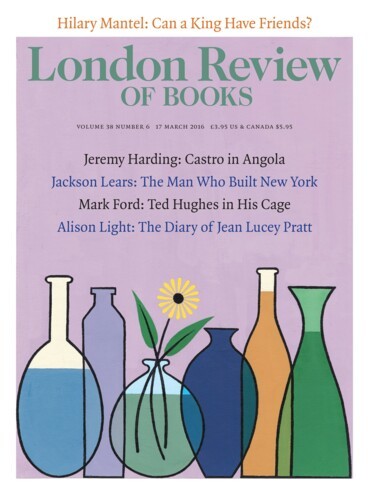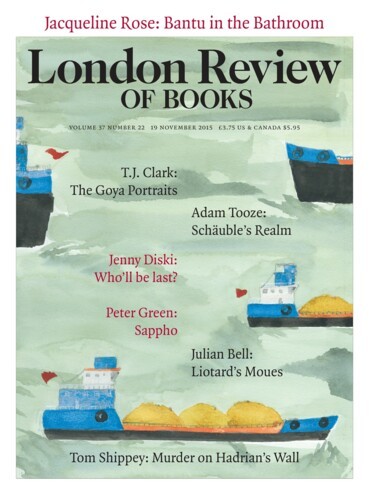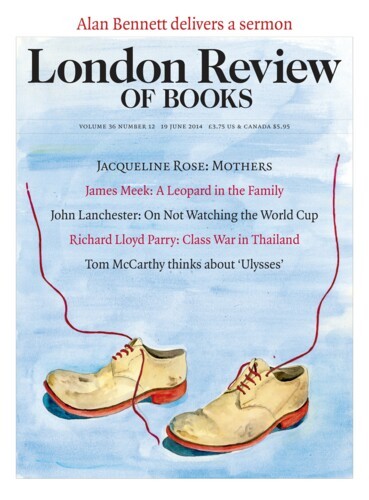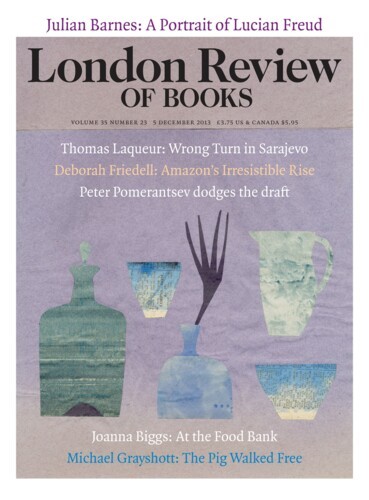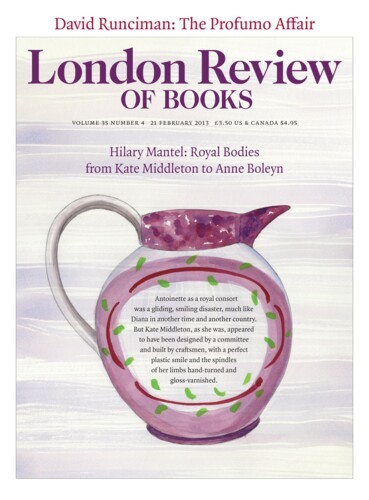Sorrows of a Polygamist: Ted Hughes in His Cage
Mark Ford, 17 March 2016
So much in the life and work of Ted Hughes was weird and transgressive that even now it is hard to feel confident that his actions and achievement can be judiciously assessed. For a start, he wrote and published at such a rate: Jonathan Bate’s bibliographic tally of Hughes’s books runs to more than seventy items, while the various Hughes archives contain nearly a hundred thousand pages. The vast Collected Poems edited by Paul Keegan and published in 2003 presents a poet who insistently ‘o’erflows the measure’.
